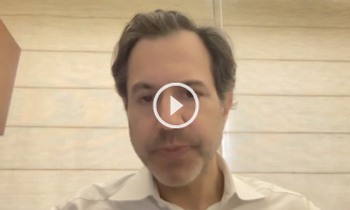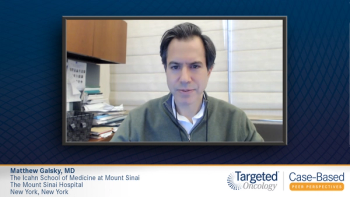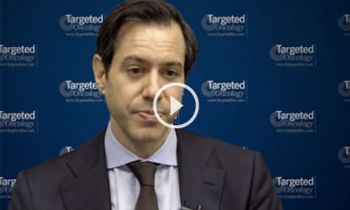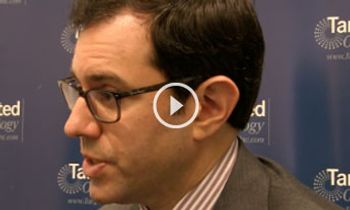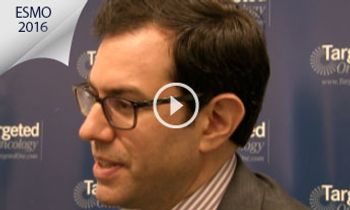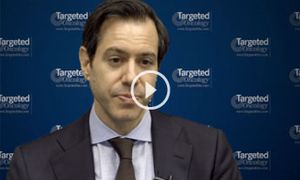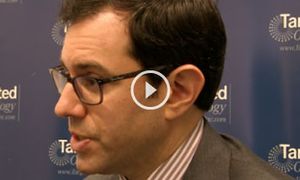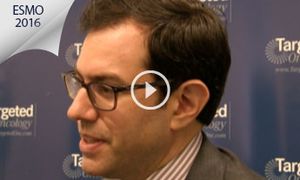
An expert discusses how the availability of subcutaneous (SC) immune checkpoint inhibitors (ICI) for bladder cancer impacts treatment selection by offering improved convenience and accessibility, particularly in advanced/metastatic and perioperative settings. SC formulations may reduce costs, time, and patient burden while enhancing treatment compliance and follow-up.


